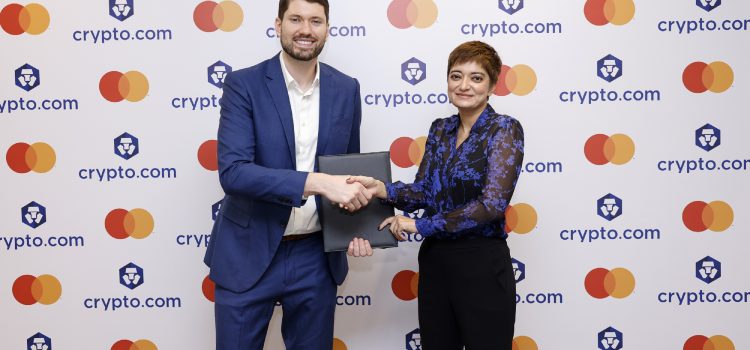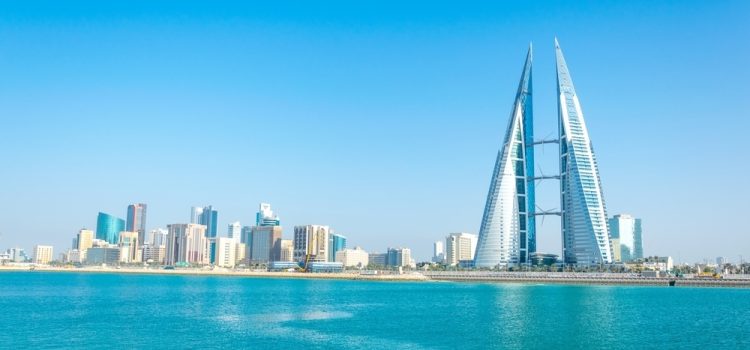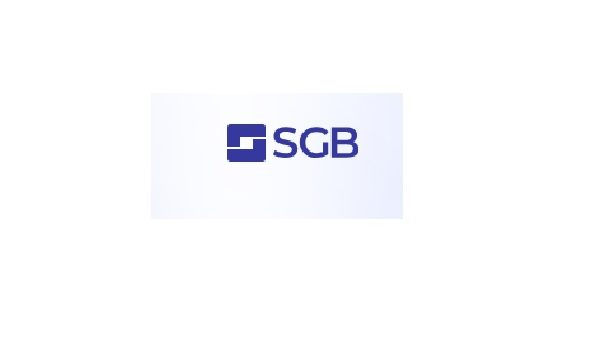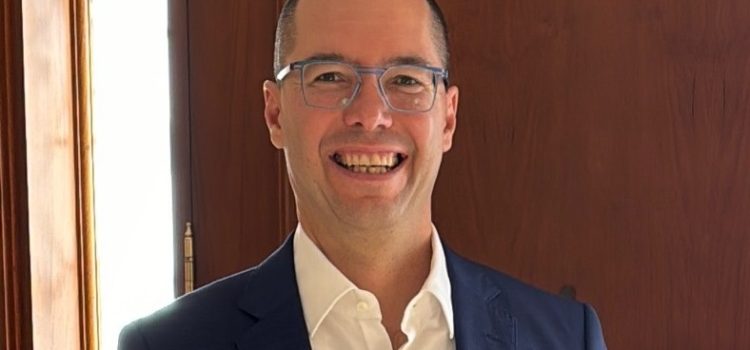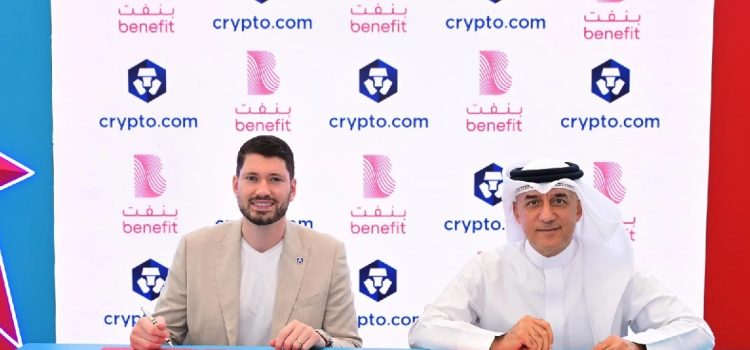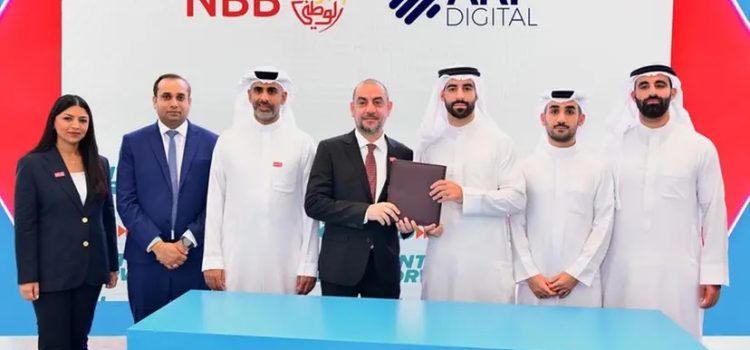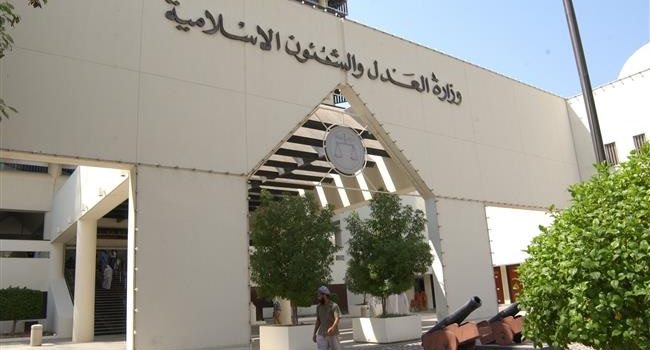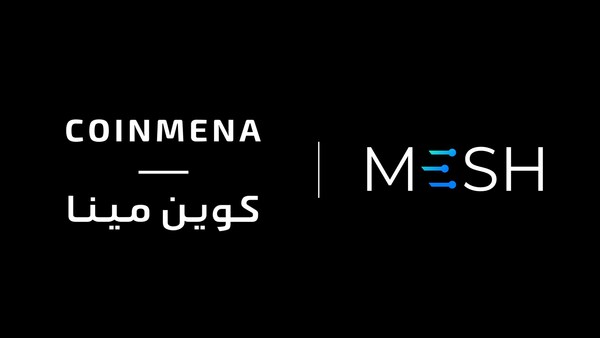
Crypto.com which recently secured a crypto payment service provider license in Bahrain has now partnered with Mastercard to directly issue cards on Mastercard’s network. It is a principal license that allows Crypto.com to launch a card in Bahrain powered by Mastercard.
As per the press release, the new program will leverage Mastercard’s trusted, scalable and secure payments network to enable the crypto exchange customers to use their card at over 150 million in-store and online locations worldwide. Users can easily fund their cards through the Crypto.com app using e-money wallets or third party-issued credit and debit cards.
The innovative payment product will be available across all five Crypto.com card tiers, including Black Obsidian, offering rewards up to 8% on spending and will be denominated in USD.
“We’re really proud to be partnering with Mastercard, a global technology leader in the payments industry, and utilising our recently issued Payment Service Provider licence from the Central Bank of Bahrain to launch our world-renowned prepaid card to our users in Bahrain and beyond,” said Karl Mohan, General Manager APAC & MEA of Crypto.com. “Mastercard has shown its support for the digital assets industry by creating a robust card programme service that’s specifically tailored for our customers, allowing us to expand our product offering into new markets whilst proving our continued commitment to the highest levels of security and compliance.”
“We are delighted to welcome Crypto.com as a Mastercard Principal Member. The programme provides a wide range of benefits and opportunities beyond the direct issuance of Mastercards. Crypto.com will now have access to our global network, enabling transactions wherever Mastercard is accepted, our innovative payment solutions powered by cutting-edge technology, and our comprehensive tools for enhancing transaction security and fraud protection,” said Amnah Ajmal, Executive Vice President, Market Development, EEMEA, Mastercard.
According to Eric Anziani, President and Chief Operating Officer at Crypto.com on LinkedIn, “We launched our first card in Bahrain, with plans to expand to other eligible GCC markets soon!”
Prior to this Crypto.com and Bahrain based BENEFIT, a FinTech and electronic financial transactions services signed an MOU ( Memorandum of Understanding) to combine their expertise and help expand the digital assets and fintech ecosystem in Bahrain including areas such as payment integration and prepaid card capabilities.
The crypto exchange even partnered with Bahrain based Beyon Monay, to enhance transaction solutions and explore innovative opportunities in digital payments and AI.








